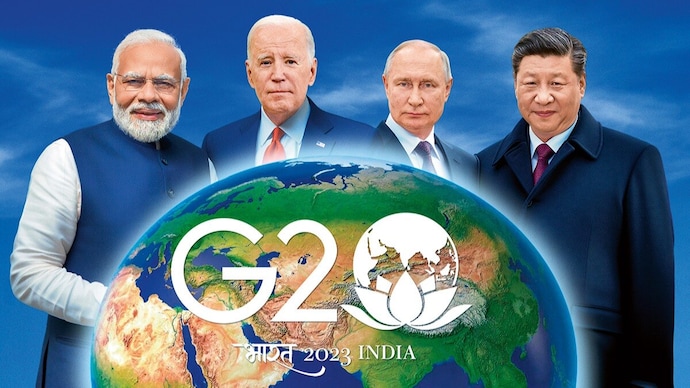G20 and beyond | The big power games
The geopolitical divide deepens as the Chinese and Russian heads of state skip the G20 meet, but India succeeds in its agenda to push the global south centrestage

When India assumed the G20 presidency late last year, the world was already in a state of deep disorder. It was, in fact, in free fall as a war provoked by Russia’s invasion of Ukraine—now in its 19th month—saw big powers line up dangerously against each other. This was immediately after the Covid-19 pandemic had gutted not just lives but even the economies of nations, intensifying a process of deglobalisation that had begun over a decade ago. As nation after nation, including the United States, grew more insular and protectionist in their economic outlook, it exacerbated global fault lines. So much so that the so-called Washington Consensus, adopted by multilateral institutions such as the IMF and the World Bank in the 1980s to fund global debt by pushing for free markets, privatisation and globalisation of economies, was all but buried. Meanwhile, China, under Xi Jinping, aggressively pushed for superpower status, challenging American hegemony. The country also triggered a border confrontation with India, its worst in 50 years, overturning three decades of confidence-building measures, painstakingly crafted precisely to prevent such an escalation.
